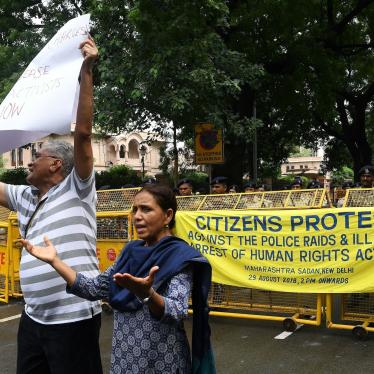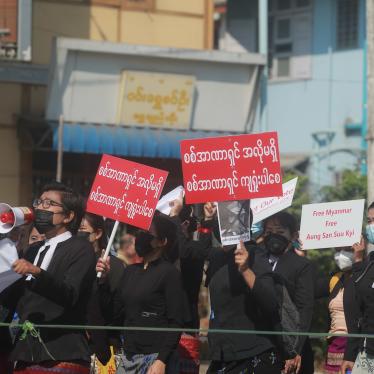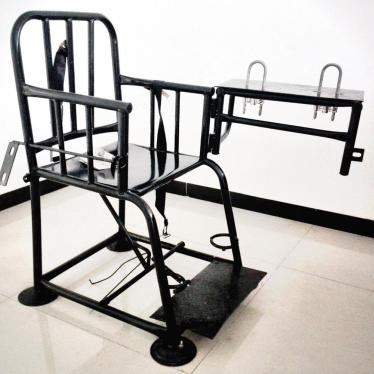The Universal Periodic Review of Cambodia comes at a time of serious concern about the deterioration in the country’s human rights situation since the government manipulation of national elections in July 2013. Efforts by the ruling Cambodian People’s Party (CPP) to impose acceptance of those results, which it claims returned it to power albeit with a reduced parliamentary majority, have plunged Cambodia into a human rights crisis.
Many state recommendations urged the Cambodian government to resolve this crisis by reforming the electoral system to ensure future elections are free and fair. The UPR debate also echoed numerous calls to lift all restrictions on the rights to freedom of peaceful assembly and association; holding accountable those responsible for excessive use of force to suppress demonstrations, strikes, and social unrest; and opening up media to full freedom of expression. They represent a clear message by many states that the Cambodian government should end its brutal crackdown andengage in serious reforms.
We take note of the Cambodian government’s acceptance of some of these recommendations, but recall the authorities’ decades-long track record of paying lip service to human rights principles while entrenching institutions and routinizing practices that violate them. In this respect, we remain gravely concerned that current CPP draft legislation regulating cyberspace, civil society and non-governmental organizations and trade unions threatens to restrict rather than guarantee exercise of fundamental human rights.
Likewise, the Cambodian government also accepted several recommendations to carry out legal and judicial reform to ensure the country’s laws and trial practices are in line with international standards. However, the CPP has recently pushed through legislation on the judiciary that will strengthen government control over the judiciary, depriving judges of independence and ensuring that the courts continue to be used for politicallymotivated prosecutions of human rights defenders, social and political activists, and others who have committed no recognizably criminal offense.
Many governments called for an end to the longstanding impunity enjoyed by the state security forces. There have been no prosecutions of members of the security forces for using unnecessary or excessive lethal force that has resulted in deaths and injuries of protesters in past months. Cambodia’s responses to concerns about the government’s arbitrary suspension of freedom of peaceful assembly and association merely confirm the absence of a legal basis in international law for the government’s violation of these basic human rights. Security force obstruction and suppression of peaceful demonstrations and marches is an almost daily occurrence, heightening concern of renewed security force violence.
The Cambodian government should not be flaunting the UPR, but embarking on a path of genuine reform to ensure respect for human rights.






